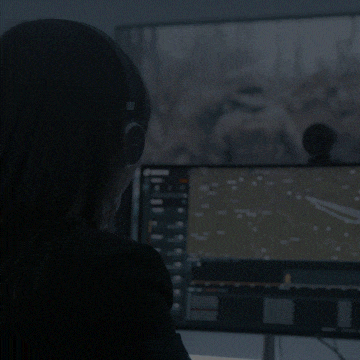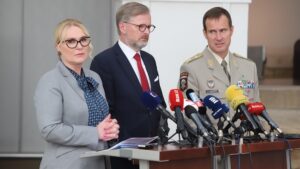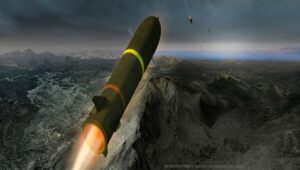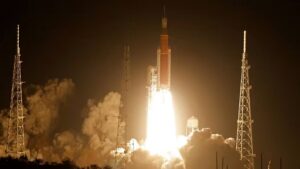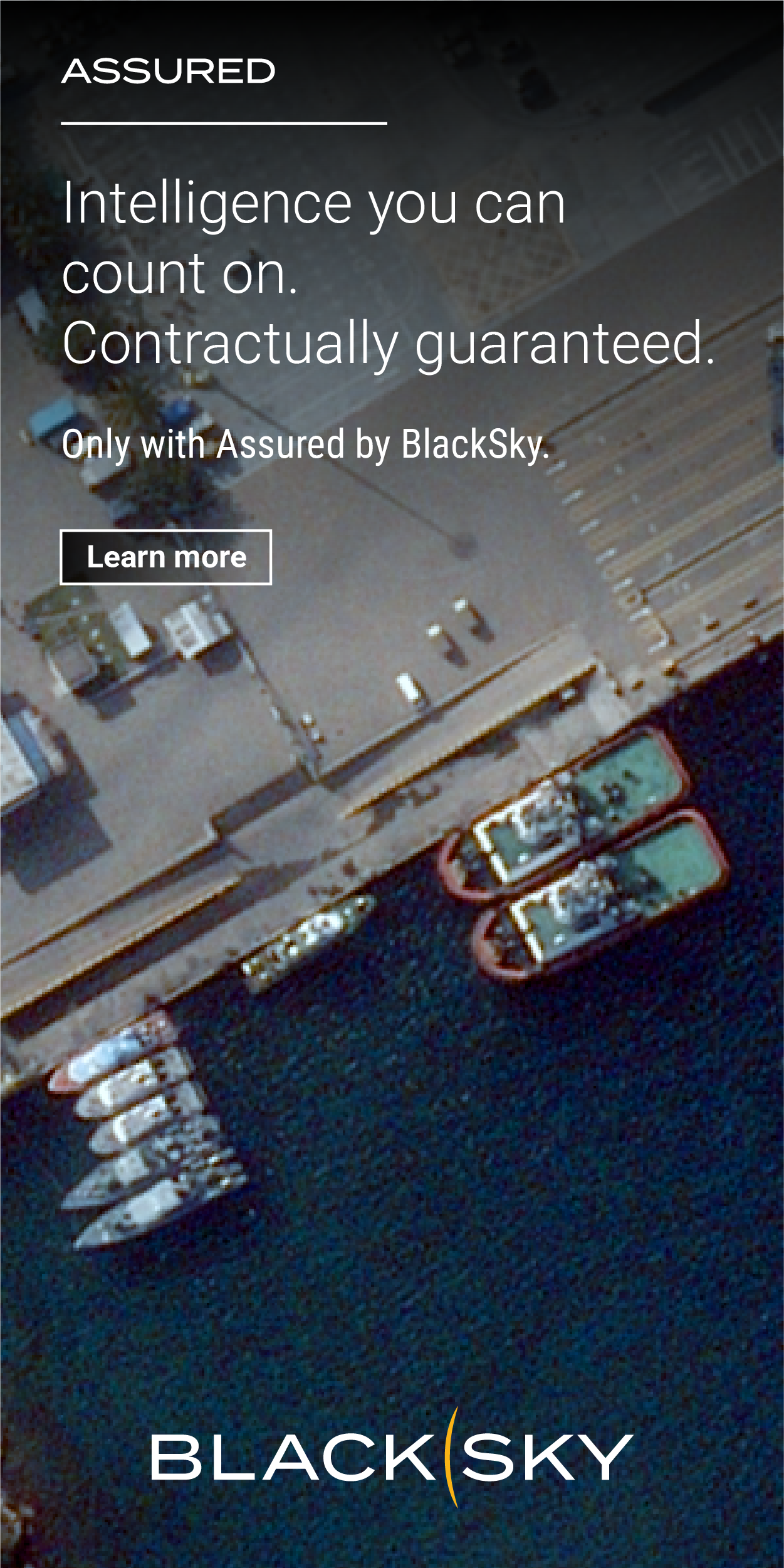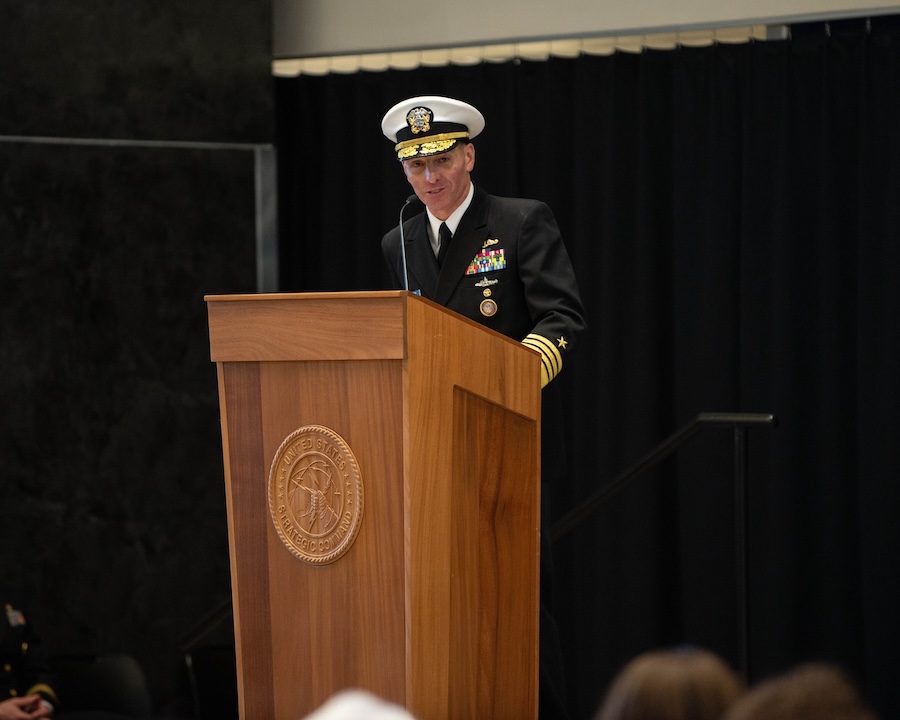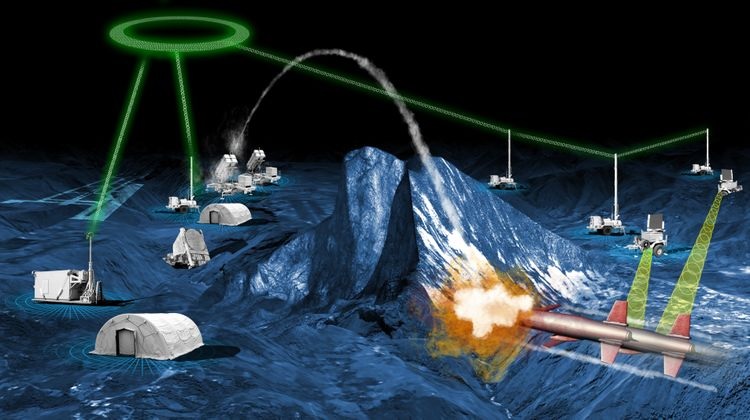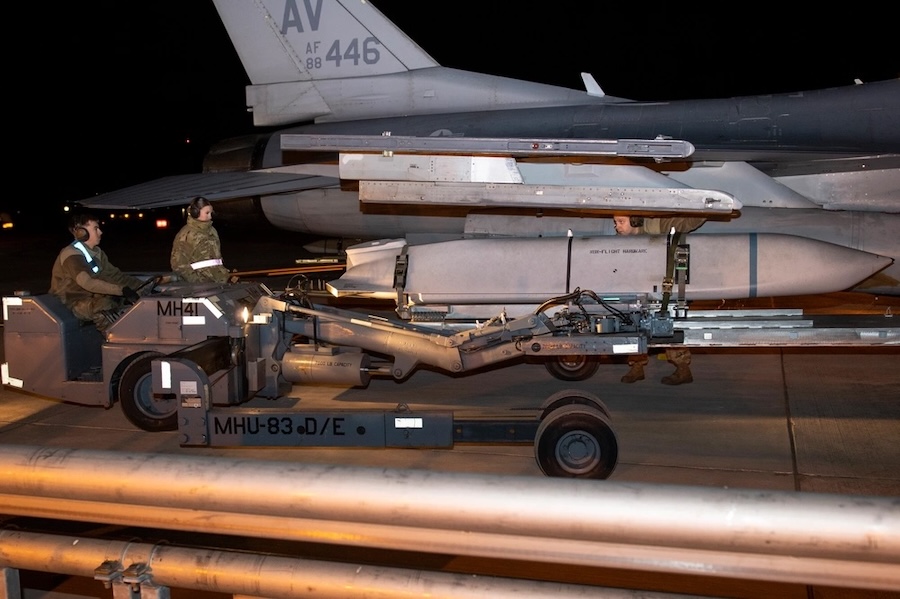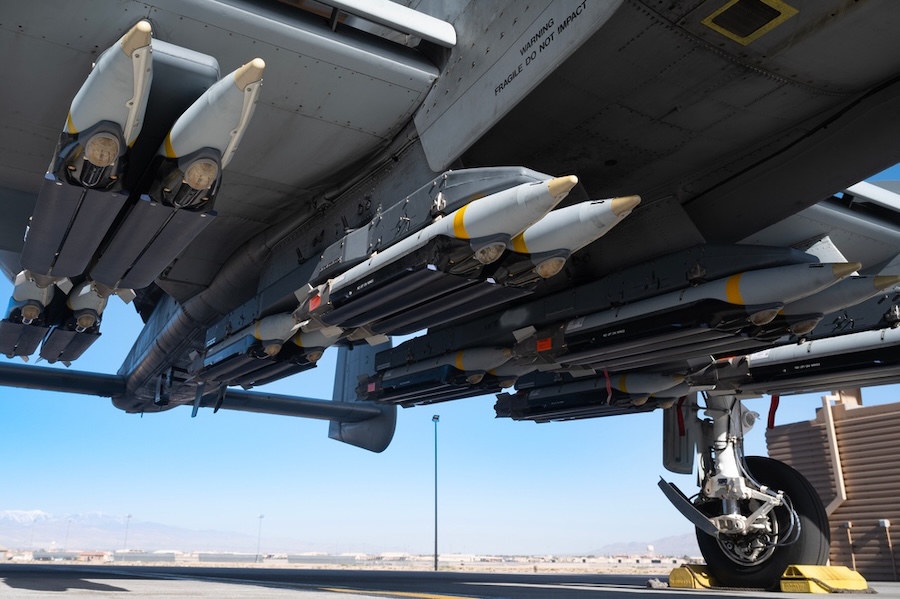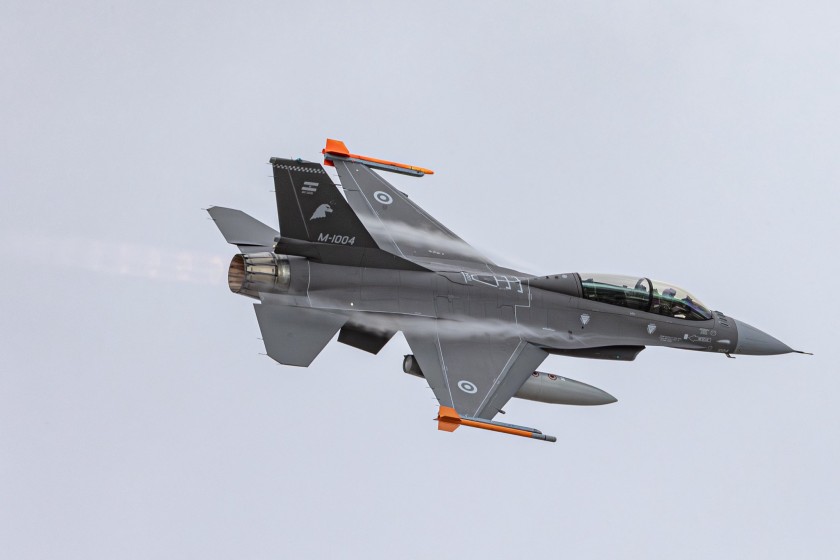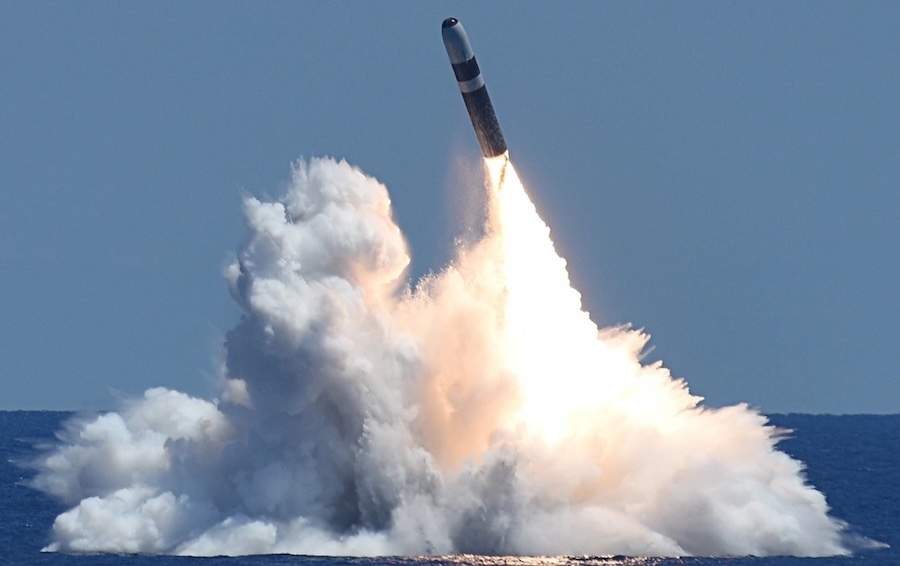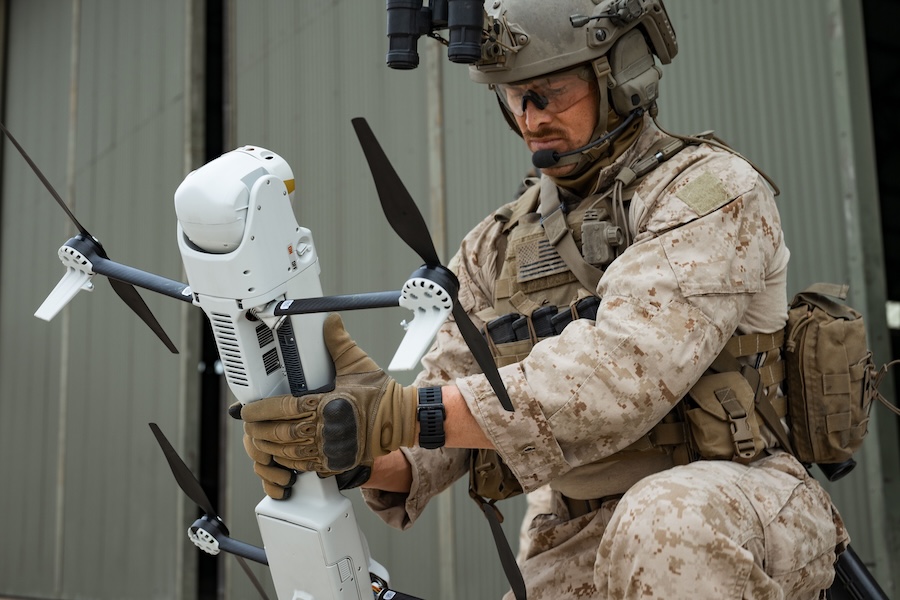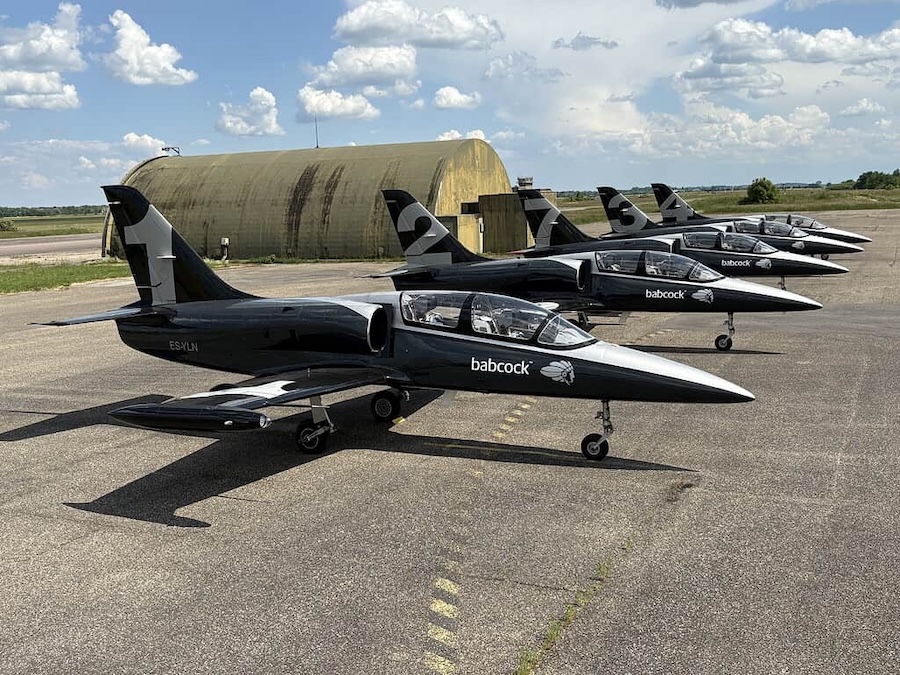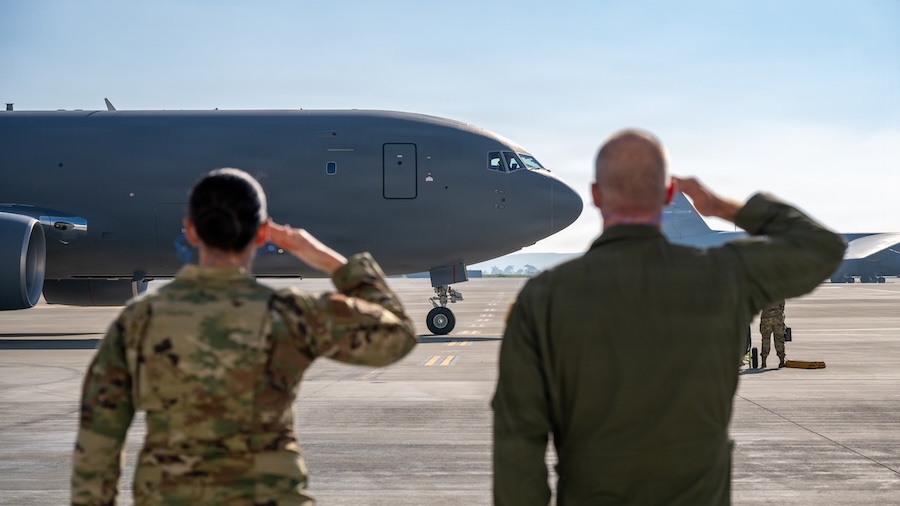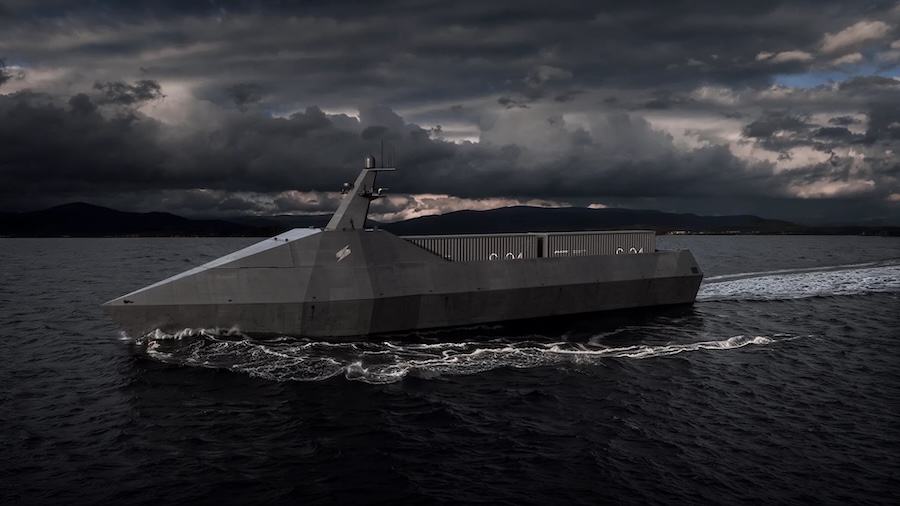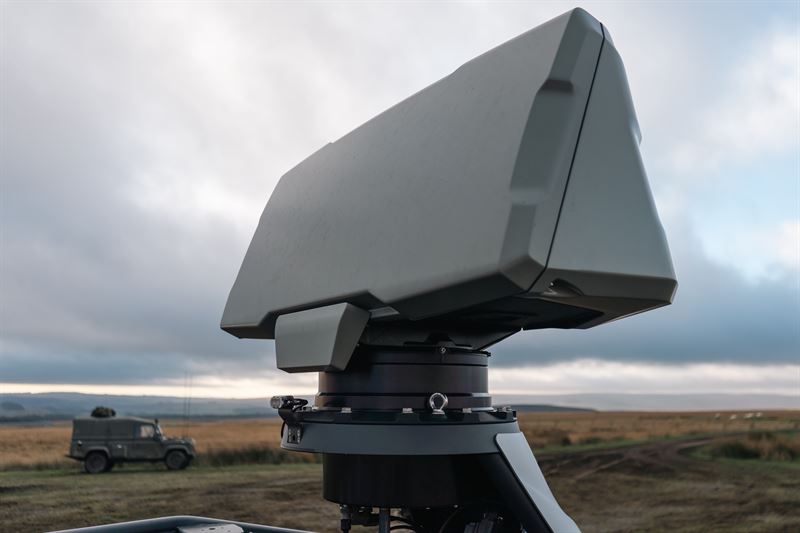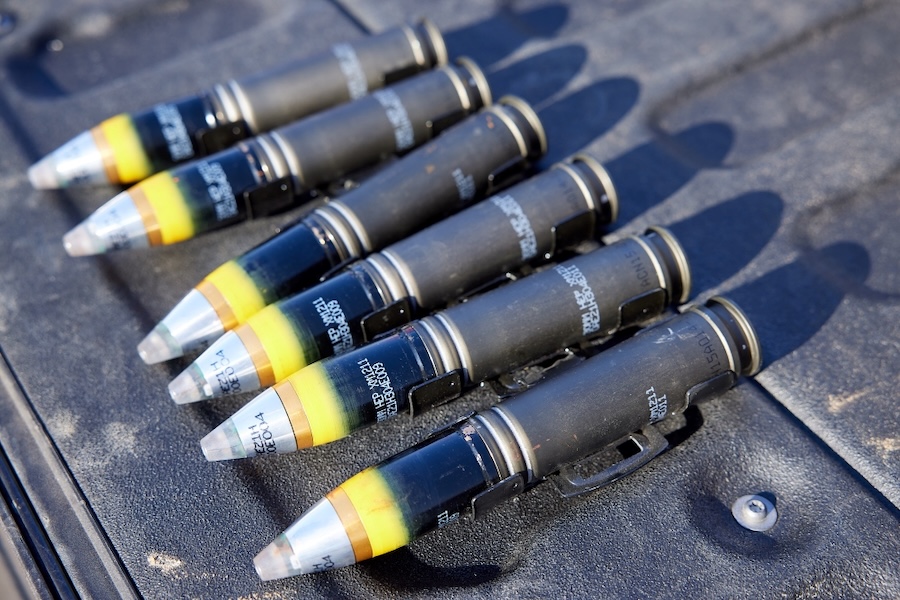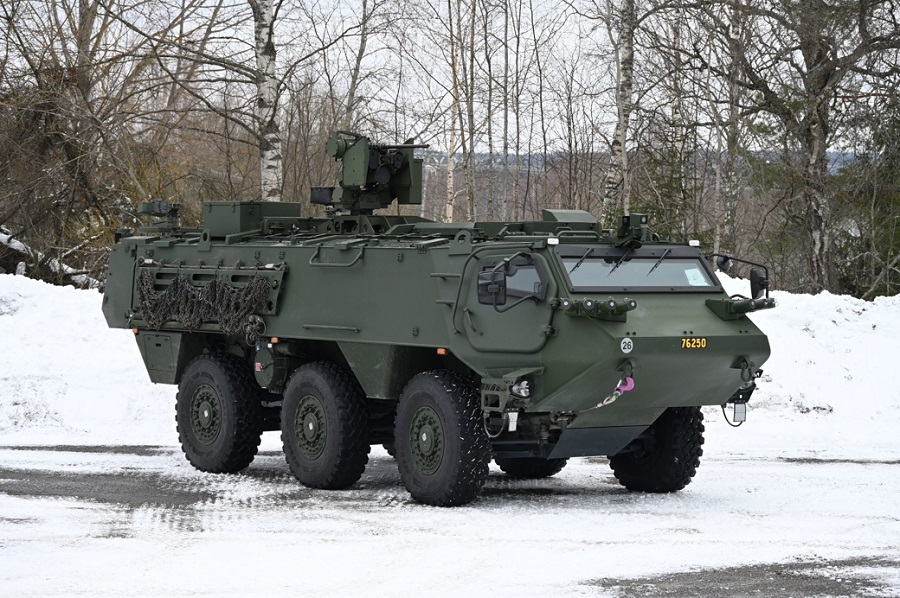Piloted by Chief Test Pilot Tristan “Geppetto” Brandenburg, the XB-1 achieved speeds of Mach 1.122 (750 mph) at an altitude of 35,290 feet, breaking the sound barrier. Historically, such achievements have been driven by military and government projects, making this a groundbreaking accomplishment for private industry.
According to Boom Supersonic CEO Blake Scholl, the flight demonstrates the readiness of technology for passenger supersonic travel. “A small, dedicated team has achieved what once required governments and billions of dollars,” Scholl said. The company now aims to scale this technology for Overture, its supersonic airliner, designed to make high-speed travel accessible to all.
The XB-1 serves as a testbed for technologies that will feature in Overture, including carbon fibre composites, digital stability augmentation, and an augmented reality vision system for improved landing visibility. These advancements were rigorously tested over 11 human-piloted flights in various conditions, ensuring safety and efficiency.
Tristan Brandenburg hailed the achievement as a career highlight and a testament to the team’s disciplined approach. “This milestone reflects our commitment to a safety-first culture and paves the way for the future of supersonic travel,” he stated.
Technological innovations from the XB-1’s programme, such as digitally optimised aerodynamics and supersonic intakes, are being incorporated into Overture. The forthcoming airliner, which will carry 64-80 passengers at Mach 1.7 on over 600 routes, promises to cut travel times significantly while maintaining sustainability with 100% sustainable aviation fuel (SAF).
The first flight of XB-1 also represents the return of civil supersonic flight, last seen with Concorde over two decades ago. The achievement occurred in the same airspace where Chuck Yeager first broke the sound barrier in 1947, connecting this modern milestone to aviation’s storied past.
Boom has also completed the Overture Superfactory in Greensboro, North Carolina, which will produce up to 66 aircraft per year. With 130 orders from major airlines, including American Airlines, United Airlines, and Japan Airlines, Overture is poised to redefine air travel for a new era of speed and sustainability.







